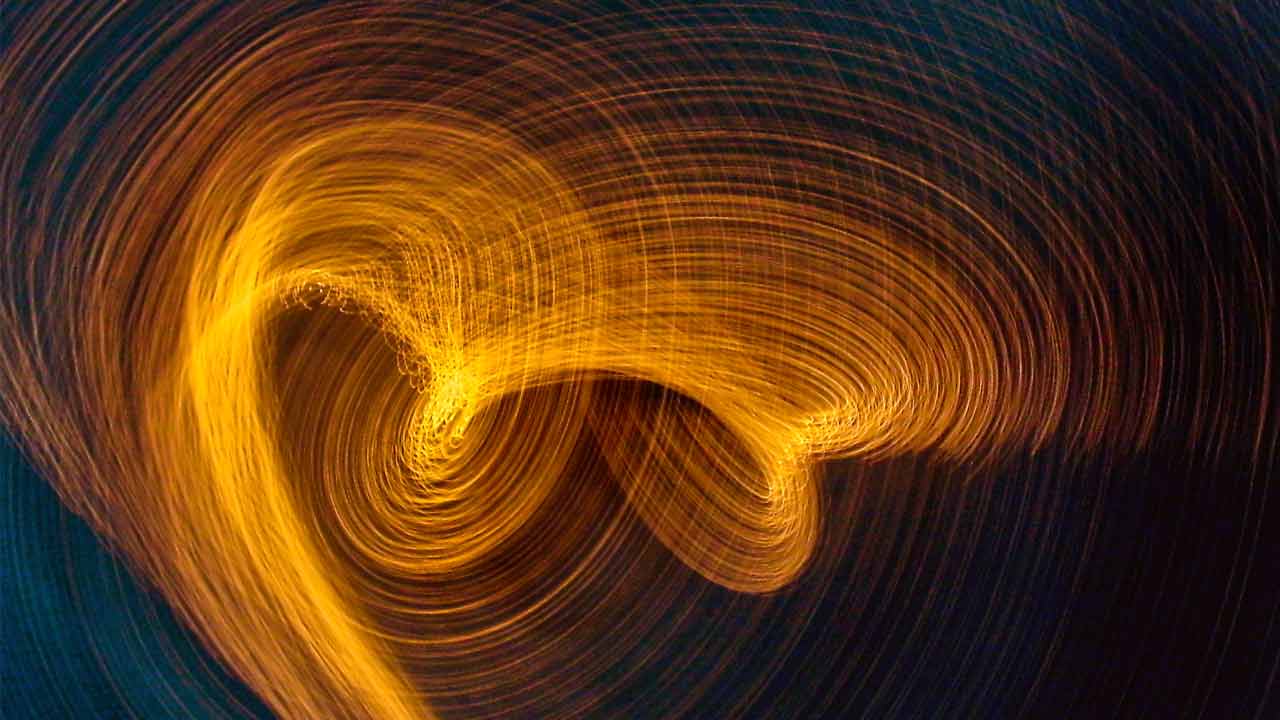What is a technical committee? The technical committees play an important role in the overall success of the EMC Society by promoting activities in their fields and providing expert knowledge and assistance to generate and review technical papers, to organize and operate sessions at symposia, to generate and develop standardsn and to evaluate the “state of the art” in EMC science. You are invited to join the EMC Society Technical Committees. See the committee meetings scheduled at EMC 2009 on www.emc2009.org.Technical Committee 1: EMC ManagementChair: Bob Scully ( bob.scully@ieee.org)Vice Chair: Doug Kramer ( drkramer@ieee.org)Secretary: Kimball Williams ( k.williams@ieee.org)This committee is concerned with the development and dissemination of Best Practices and Methodologies for the successful leadership, supervision, and guidance of EMC related activities. These Best Practices and Methodologies shall be structured so as to provide assistance to all managers and engineers. Appropriate and convenient tools shall serve as a foundation to these Best Practices and Methodologies.Technical Committee 2: EMC MeasurementsChair: Don Heirman ( d.heirman@ieee.org)Vice Chair: Thomas J. Fagan ( tjfagan@ieee.org)Secretary: Clifford Hauser ( clifford.hauser@ieee.org)This committee is concerned with the measurement and instrumentation requirements in EMC standards and procedures and how they are interpreted. It is also concerned with the adequacy of measurement procedures and measurement instrumentation specifications for radiated and conducted emission and immunity tests, and the rationale for performance limits for these tests.Technical Committee 3: Electromagnetic EnvironmentChair: Graham (Bill) Strauss (strauss_ieee@verizon.net)Vice Chair: Dave Southworth (d.southworth@ieee.org)Secretary: John Archer (archerj@ieee.org)The charter of this committee is to encourage research on the:
- Electromagnetic environment (EME),
- Development of standards for EME measurement and characterization,
- Natural and man-made sources of electromagnetic environment that comprise this environment,
- Effects of noise (unwanted portions of EME) on systems performance, and
- Effects of international civil and military standards intended to control man-made intentional and unintentional emissions of electromagnetic energy.
Technical Committee 4: Electromagnetic Interference ControlChair: Kermit Phipps ( kphipps@epri.com)Vice Chair: John Archer ( mailto:archerjohn@att.net)Secretary: Philip Keebler ( pkeebler@epri.com)This committee is concerned with the fundamentals of transmission / propagation media and interference control technology, together with associated design, analysis, and techniques useful for the identification, characterization, control, and mitigation of electromagnetic interference at the system, subsystem, and unit levels. The purview of this technical committee includes – low impedance bonding of equipment and subsystems, enclosure and cable shielding, and filtering and grounding of signal and power distribution systems, equipment, and subsystems.Technical Committee 5: High Power ElectromagneticsChair: Dr. William A. Radasky ( wradasky@aol.com)Vice Chair: Mr. Michael K. McInerney ( mkmcinerney@ieee.org)Secretary: Dr. Randy J. Jost ( randy.j.jost@usu.edu)This committee is concerned with the effects of and protection methods for electronic equipment and systems for all types of high power electromagnetic environments. These environments include electromagnetic pulse (EMP), intentional EMI environments (e.g. high power microwaves and ultra wideband), lightning electromagnetic currents and fields, and electrostatic discharge. Interactions with aircraft and other mobile systems are included.Technical Committee 6: Spectrum ManagementChair: Larry Cohen ( lcohen@ieee.org)Vice Chair: Karen Dyberg ( kdyberg@ieee.org)Secretary: Clifford Hauser ( clifford.hauser@ieee.org)This committee is concerned with frequency coordination, management procedures for efficient spectrum use, band occupancy and congestion, federal regulations, and their adequacy.Technical Committee 7: Nonsinusoidal FieldsChair: Dr. Frank Sabath ( frank.sabath@ieee.org)Vice Chair: Michael K. McInerney ( mkmcinerney@ieee.org)Secretary: vacantThis committee is concerned with the application of electromagnetic signals with large relative bandwidth, commonly referred to as nonsinusoidal waves, the delineation of the differences between time-domain and frequency-domain principles, analytical and numerical treatments of the Maxwell postulates directly in time-domain, conceptualization, design, fabrication, and testing of materials and devices for ultra-wide bandwidth systems.Technical Committee 8: Electromagnetic Product SafetyChair: Richard Georgerian ( richardg@ieee.org)Vice Chair: Dan Modi ( Dan.Modi@alconLabs.com)Secretary: John Barnes ( jrbarnes@iglou.com)This committee provides a professional forum for Product Safety professionals, both to develop their own skills, and to provide Product Safety outreach to engineers, students, and others.Technical Committee 9: Computational ElectromagneticsChair: Dr. Chuck Bunting ( reverb@okstate.edu)Vice Chair: Dr. Alan Roden ( Alan.Roden@aero.org) Secretary: Samuel Connor ( sconnor@us.ibm.com)This committee is concerned with broad aspects of Applied Computational Electromagnetic techniques that can be used to model electromagnetic interaction phenomena in circuits, devices, and systems. The primary focus is with the identification of the modeling methods that can be applied to EMC interference phenomena, their validation, and delineating the practical limits of their applicability. Included are low and high frequency spectral-domain techniques and time-domain methods.Technical Committee 10: Signal IntegrityChair: Prof. Antonio Orlandi ( orlandi@ing.univaq.it)Vice Chair: Prof. Giulio Antonini ( antonini@ing.univaq.it)Secretary: Dr. Xiaoning Ye ( xiaoning.ye@intel.com)This committee is concerned with the design, analysis, simulation, modeling, and measurement techniques useful in maintaining the quality of electrical signals. These activities encompass all aspects of signal integrity from the integrated circuit level to the system level.Technical Committee 11: Nano-TechnologyCo-Chair: Christopher L. Holloway (holloway@boulder.nist.gov) Co-Chair: Maria Sabrina Sarto (sarto@elettrica.ing.uniroma1.it)Secretary: Marina Koledintseva (marinak@mst.edu)This committee is concerned with the design, analysis, simulation, modeling, and measurement techniques associated with the area of nano-scale technology (materials, components, devices, and systems). The TC-11 activity will be also focused on the EMC aspects related to the interconnection problems between nanostructured systems and subnano or micro-size devices, and on advanced artificial materials, such as metamaterials.
